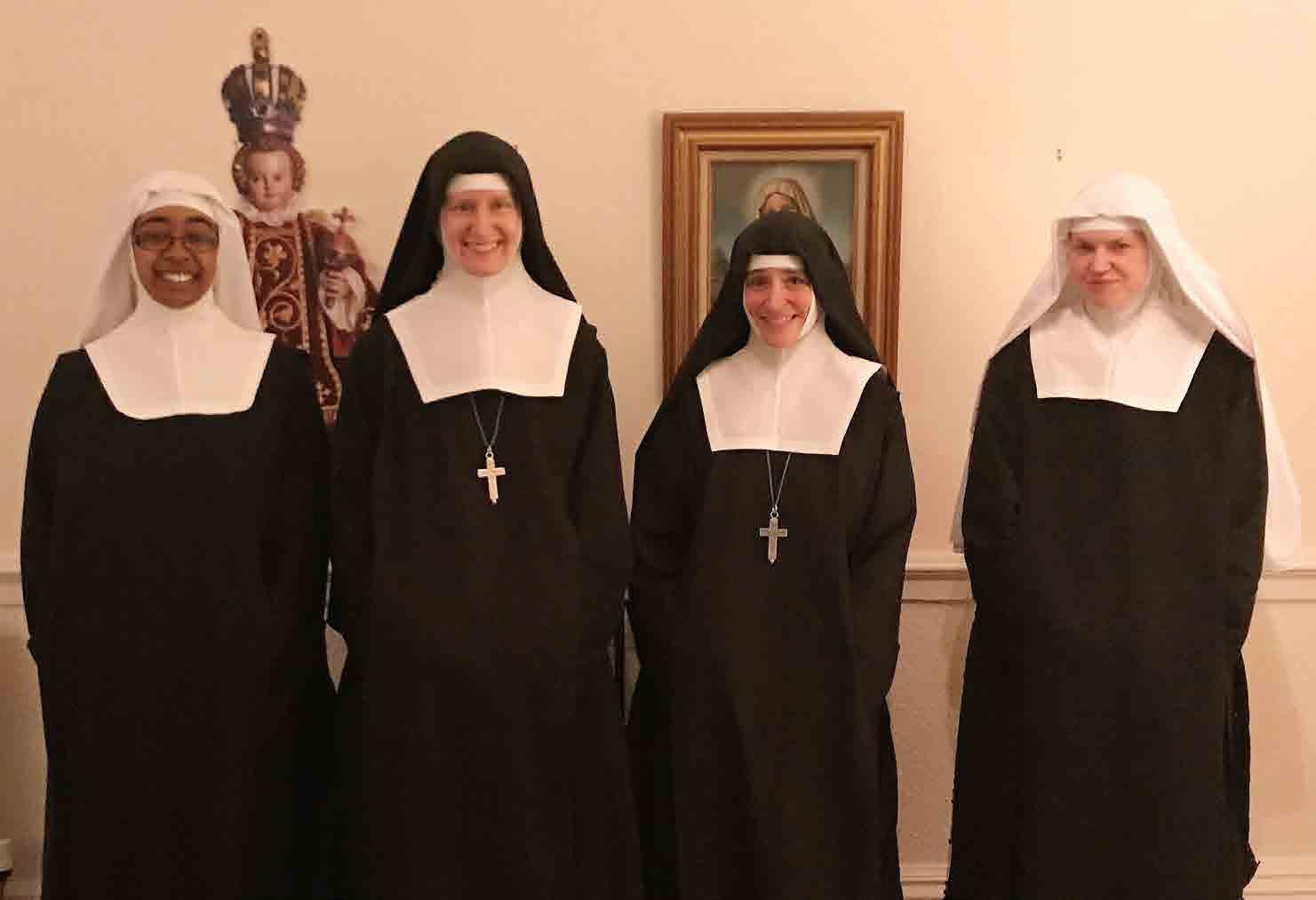
4 minute read
A programme of restoration
Joseph Shaw looks at two models for the life of the Church
I have been reading Philip Lawler’s study of the Catholic Church in Boston, in the USA, The Faithful Departed . He writes of an approach to managing the Church which is familiar beyond the shores of the United States, which one might call ‘Keeping the Show on the Road’. In Boston the show was impressive: from the 1930s to the 1990s the Cardinal Archbishop was a revered, even feared, figure in the city. Successive Cardinals over this period, Lawler explains, thought that to keep their influence they needed to tone down the message of the Gospel: not to frighten people off. Lawler’s thesis is that it was the same mind-set which led them to cover up clerical child-abuse cases: for some years, it must be remembered, largely successfully. People mustn’t be frightened off. These Cardinals kept the show on the road until the scandal broke in 2002.
With or without the element of clerical abuse, and with a more or a less impressive show to preserve, this temptation has been present throughout the history of the Church. It is present when we hear of seminarians being told not to preach about ‘difficult’ doctrines. It is present when Catholic schools want to remove their devotional images. It is present when Catholics don’t want to make the sign of the cross in a public place. It is the sneaky little step beyond common-sense prudence, the step where we stop thinking about what might be counter-productive for others, and start thinking about what would be embarrassing for ourselves.
It is not what the Gospel calls for. Christ warns us to expect to be hated by the World. St Paul commands his brother bishop, Timothy, ‘praedica verbum insta oportune inportune:’ preach the Word insistently, when it is opportune, and also when it is inopportune: ‘in season and out of season’ (2 Tim 4:2).
We have come through a period in which the Boston temptation has been particularly strong. Not only in America, but here too it looked for a time as though the Catholic élite could join the establishment, if only it would refrain from rocking the boat. That era is over, but much damage has been done. What is needed now is another approach: as Pope St Pius X’s motto expressed it, ‘instaurare omnia in Christo’, to restore all things in Christ. This is not about seeking confrontation, but of not allowing fear of confrontation to set our priorities for us. It means recognising that if restoring the Catholic diocesan system (like Cardinal Wiseman), or building a fabulous Italianate church in Knightsbridge (like Fr Faber), or siding with the dockers in an industrial dispute (like Cardinal Manning), causes a brouhaha, the embarrassing publicity might actually do good.
The Latin Mass Society has its part to play in the programme of restoration, because restoring the life of the Church includes, first and foremost, the Church’s liturgical life. Just as in the 19th century, there is much to do, and limited resources, but like then also the potential harvest is considerable.
Elsewhere in this edition of Mass of Ages readers will be able to see details of the Latin Mass Society’s Priest and Server Training Conference, which will take place in Low Week (9 April to 12 April) in Prior Park, Bath. Opportunities for training, to celebrate or support or better appreciate the Traditional Mass are also to be found with the Gregorian Chant Network’s annual Chant Training Weekend at the Oratory School 6 April to 8 April, the LMS Residential Latin Course outside Oxford 30 July to 3 August, and the Guild of St Clare’s Sewing Retreat 2 to 4 March: which was, however, fully booked almost as soon as it was publicly advertised.

From Cracks in the Clouds by Dom Hubert Van Zeller OSB (erstwhile Br Choleric) 1976.
We put this training into action with every devotional event which we support, and I could not possibly list even the most important of these. The St Catherine’s Trust Family Retreat is advertised in this issue of Mass of Ages; the LMS Walsingham Pilgrimage is open for booking through our website.
The Latin Mass Society, and the movement for the Traditional liturgy in general in England and Wales, is a ferment of useful activity, of which what is public and visible is only a part. I think particularly of our priest supporters, particularly those in the Traditional Institutes, who teach, provide the sacraments, form souls, and foster vocations. If we do not want the Catholic Church to disappear in England and Wales, then we need to maintain and restore the tottering fabric of our churches, to find the time for a public prayer - liturgy - which is truly worthy of God and edifying for men, and to reach the hearts and minds of our fellow citizens through every kind of public and private means possible. This is the work for which the Latin Mass Society was founded, and which it does with greater vigour today than ever before.










